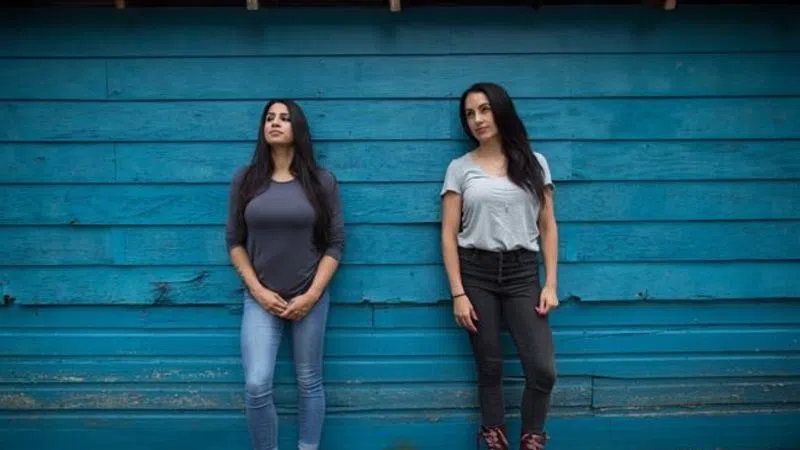
‘They want all that:’ Girls becoming more involved in gang violence in B.C.
VANCOUVER — As gang unit officers for the Vancouver police, detectives Sandy Avelar and Anisha Parhar often pull over boys and men in flashy cars with drugs and guns in the glove compartment. But they also meet girls and women in the passenger’s seat, toting designer purses and expensive jewelry.
The detectives have noticed that often these females are assumed to be naive bystanders or helpless victims. While that may be true in some cases, Avelar and Parhar are pushing for recognition that many of these girls and women are more deeply involved.
“We don’t sit there and say: ‘Every girl’s a victim. Poor girl. She’s going to get targeted. These are the big, bad boyfriends coming in with the tattoos,’ ” Parhar says.
“That’s one facet of it, but I think something important is there are lot of girls that knowingly get involved. They want the money. They want the image. They want all that.”
